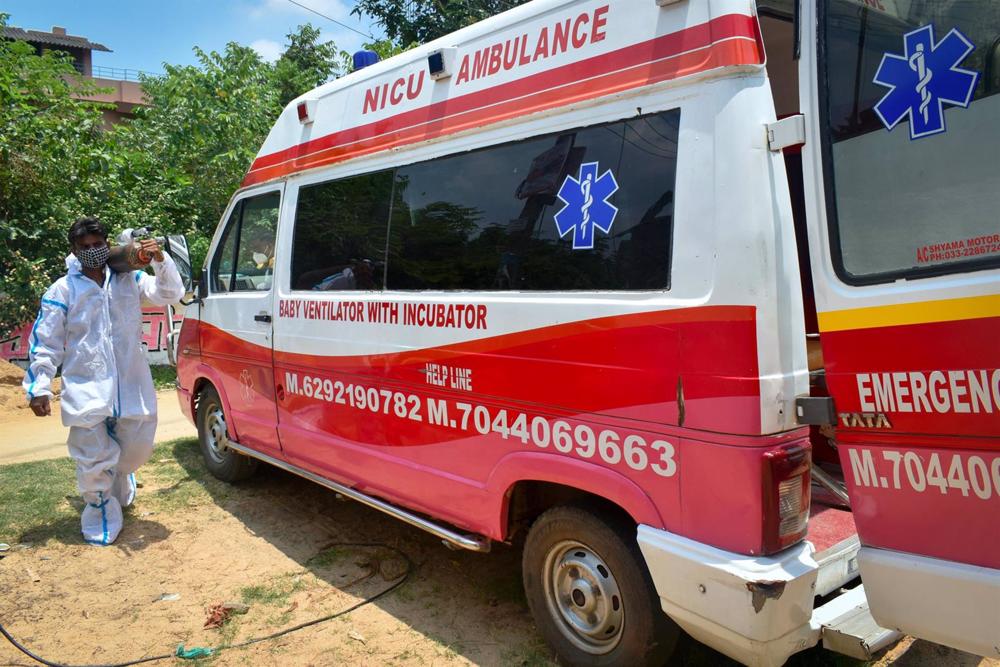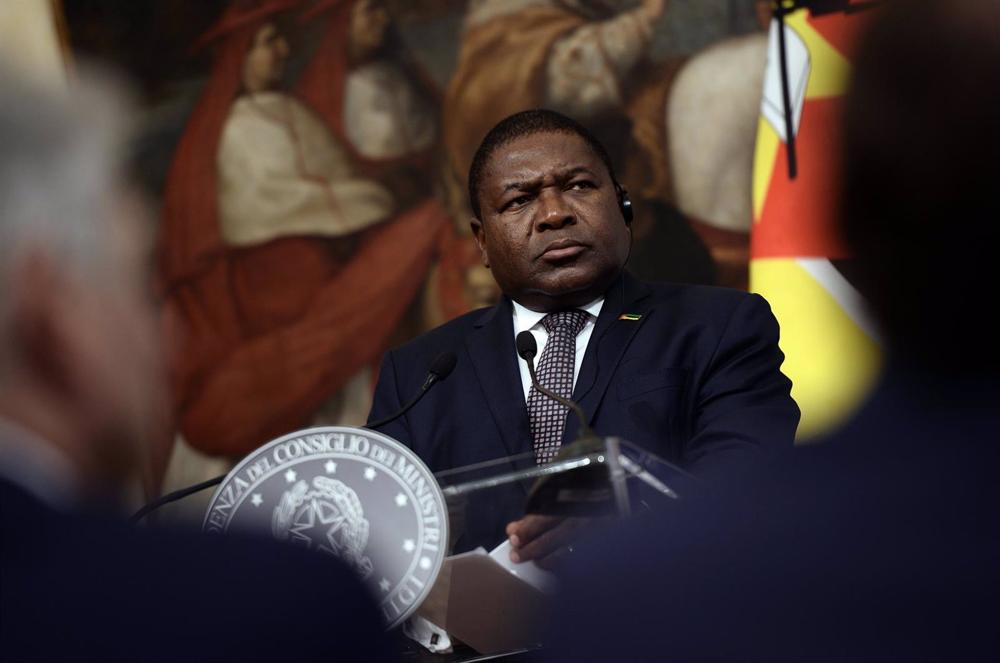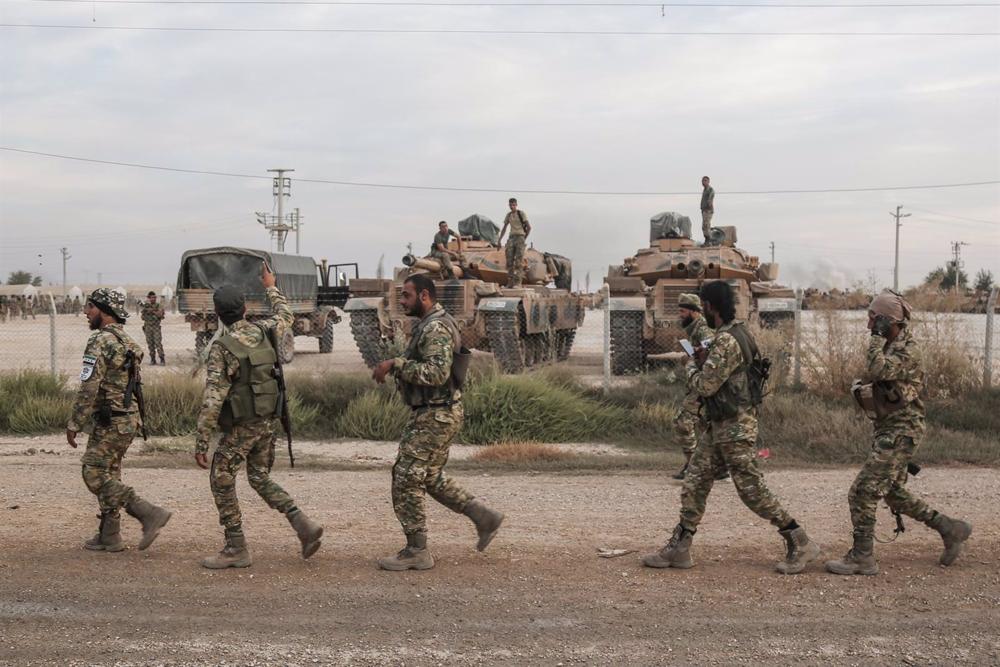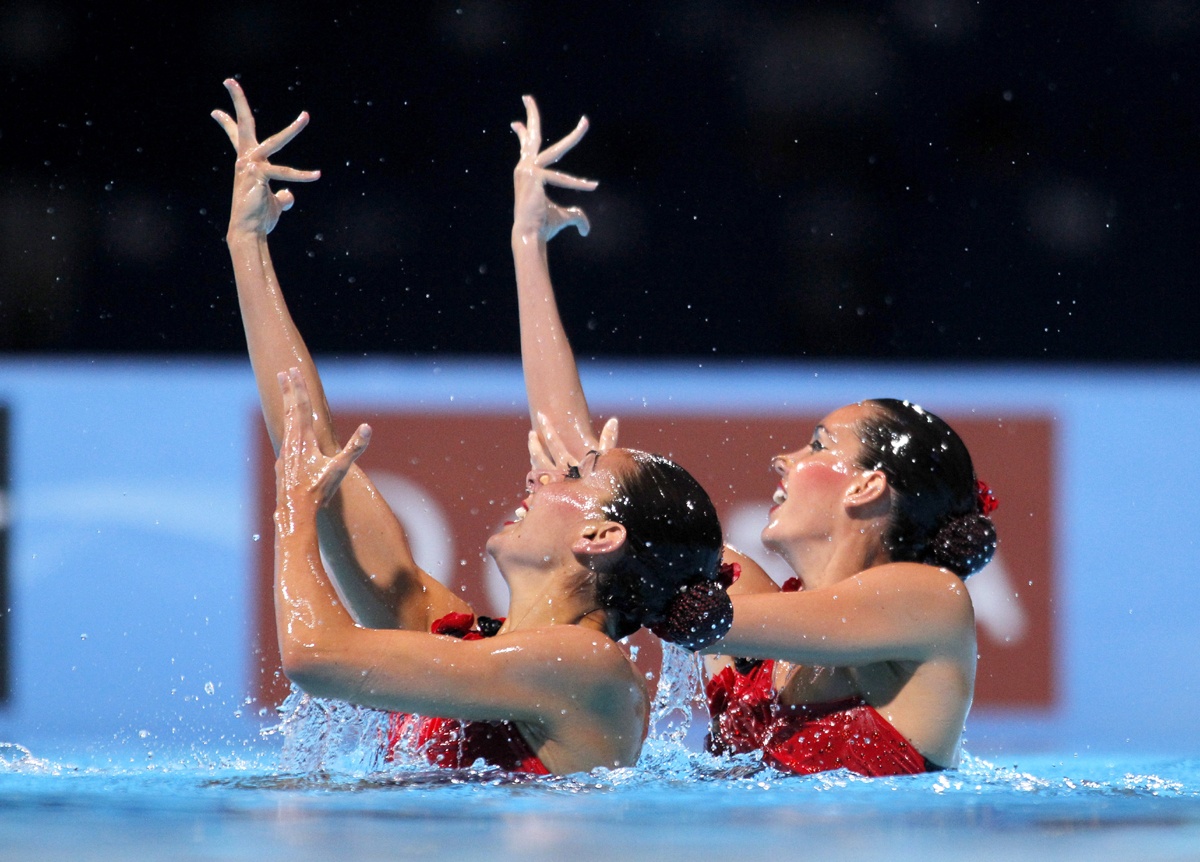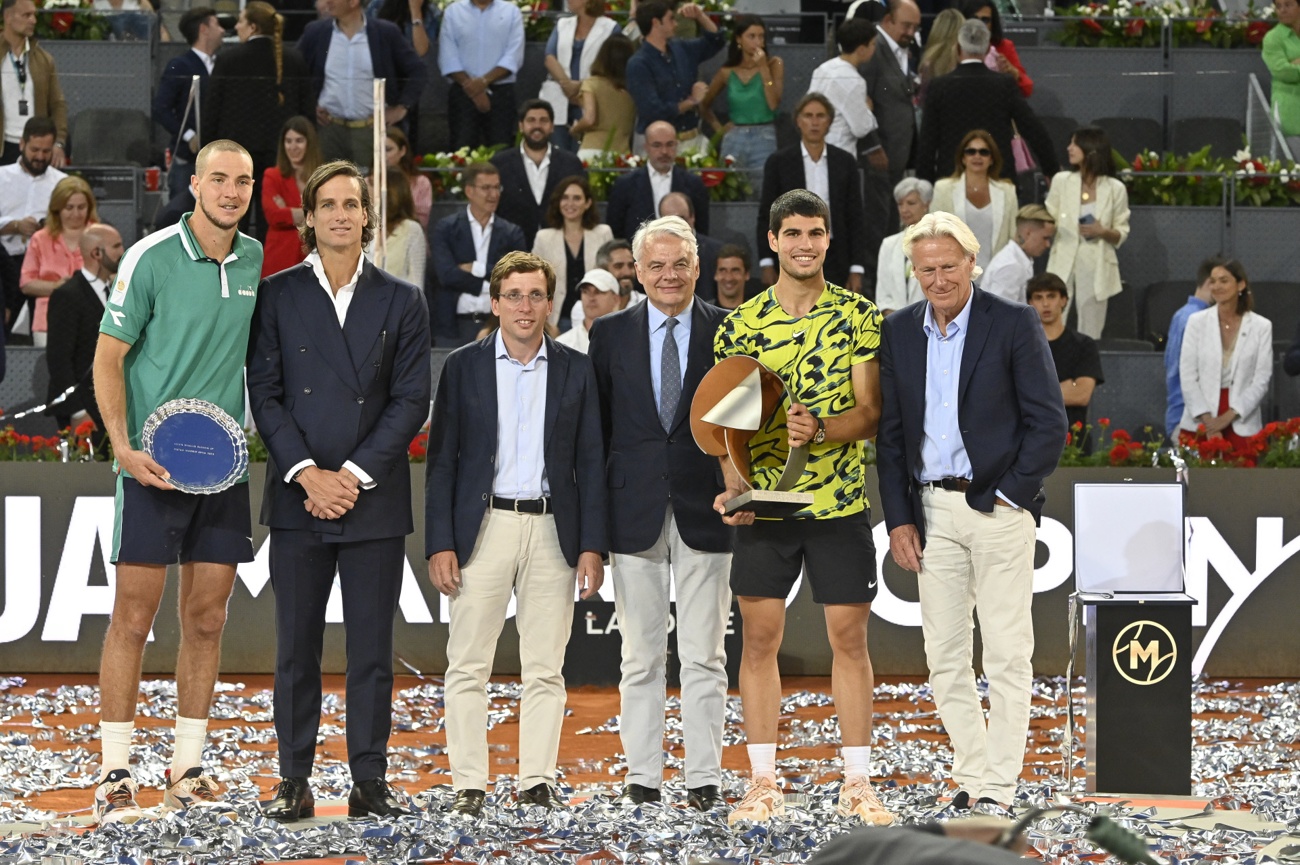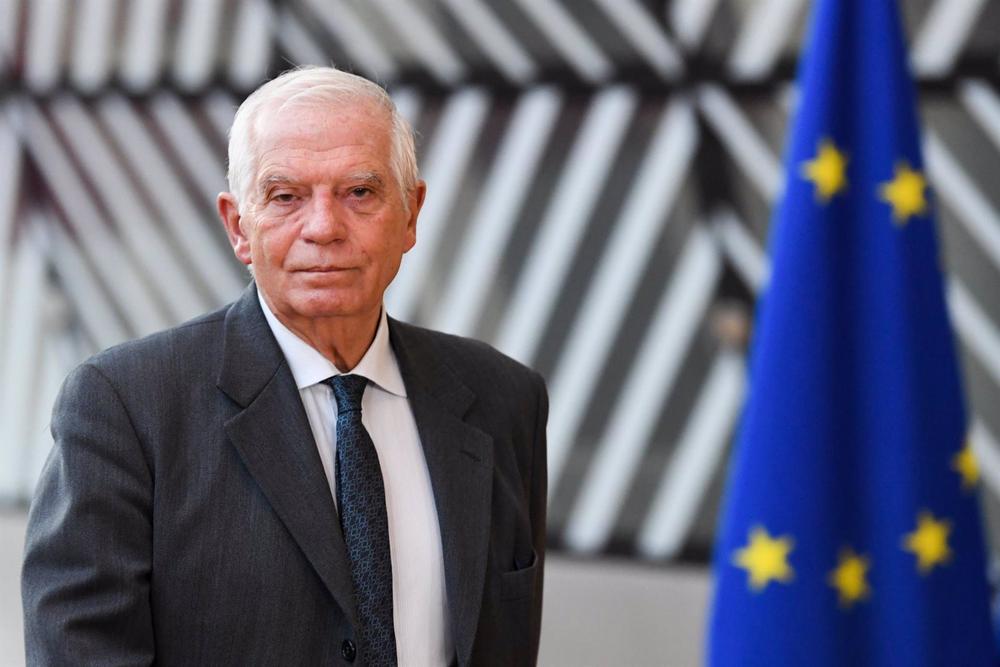
The High Representative of the European Union for Foreign Policy, Josep Borrell, said Thursday from Kazakhstan, where he began a tour to meet with Central Asian countries, that European sanctions are not against third countries, although he is open to review possible «collateral effects» that may be causing.
«They are not directed against anyone else. They are not directed against agricultural products or fertilizers, these are free of sanctions. So any narrative that our sanctions are preventing food and fertilizers from flowing to the rest of the world is completely false,» the visiting diplomacy chief in Astana remarked.
In the Kazakh capital he met with Kazakh President Kasim Tokayev, with whom he was able to discuss the impact of EU sanctions against Russia over the war in Ukraine on its economy, after which he indicated that the bloc is open to studying possible collateral damage.
«We will try to do our best to resolve them. But they are not aimed at the economy of third countries, and if there are any collateral effects that could have harmed, we will work to address their impact,» Borrell added, in remarks in a country historically close to Moscow and key to the Kremlin’s international narrative.
The EU aims to increase relations with Central Asian countries, especially in connectivity and green energy. The head of EU diplomacy pointed out that this is a «key region for world trade» and described it as the connecting point between Europe and Asia.
And he emphasized the role that Global Gateway, the infrastructure investment program that the EU wants to deploy around the world to reduce China’s influence in third countries, can play in developing opportunities in Kazakhstan.
«We want to do it together. Think big and look to the future, to the bottlenecks and invest in a sustainable way to make countries linked for better common development,» the High Representative explained.
